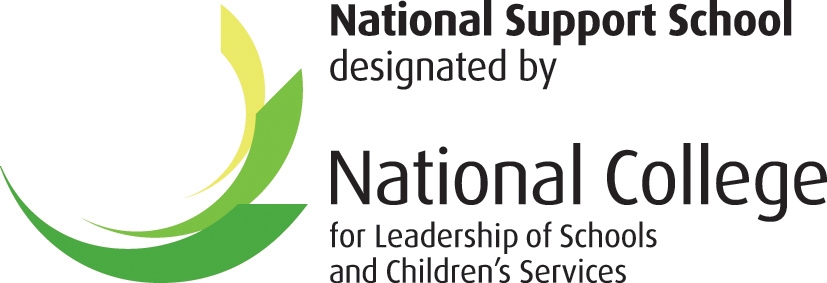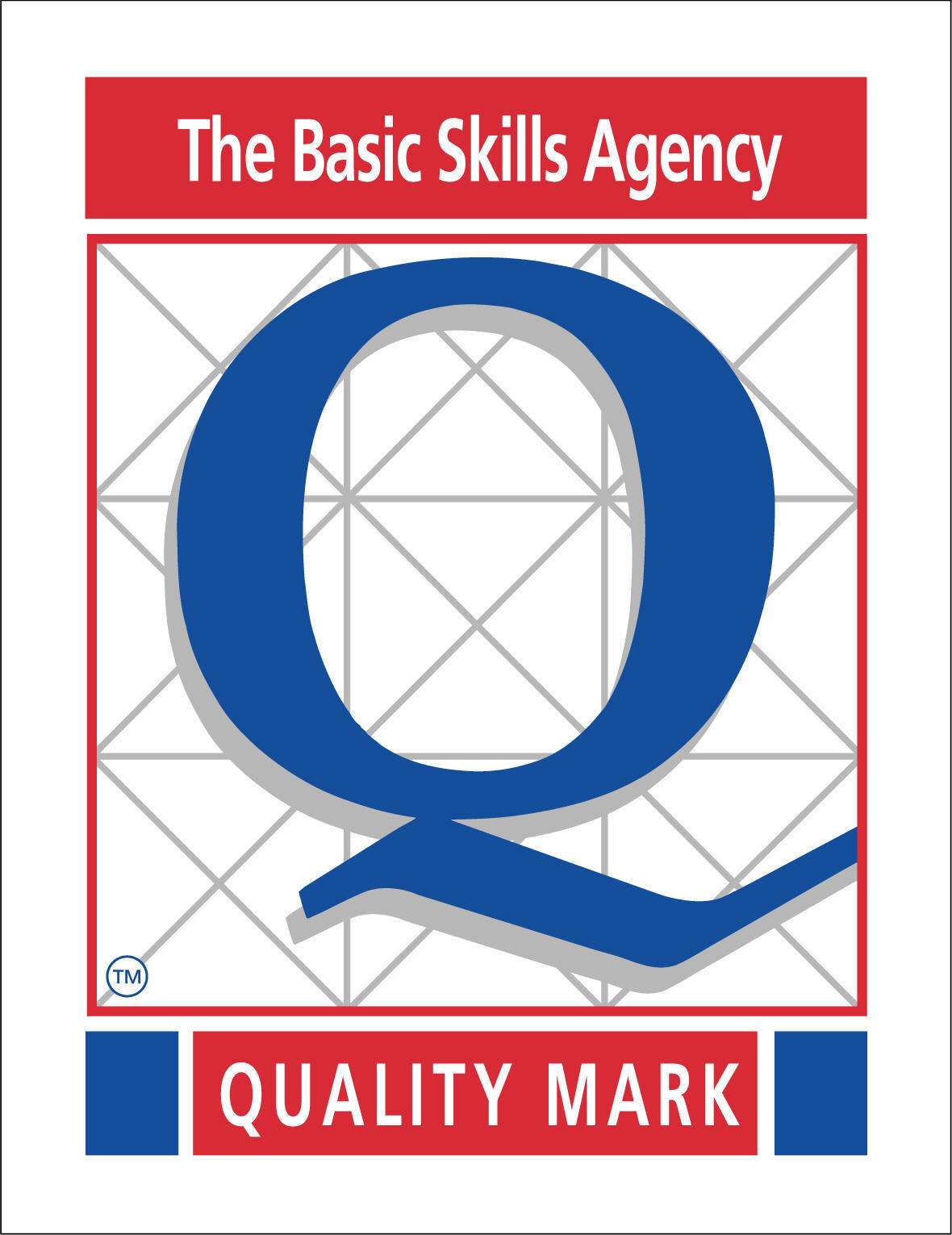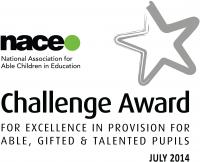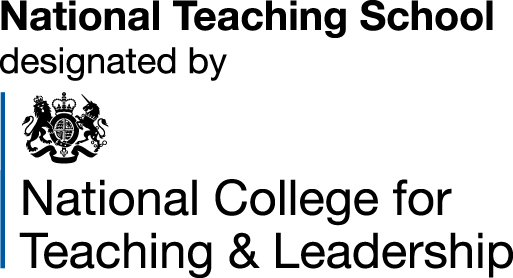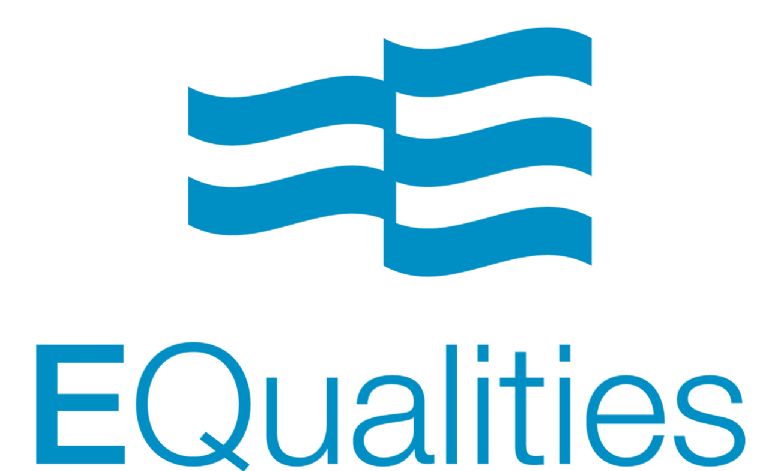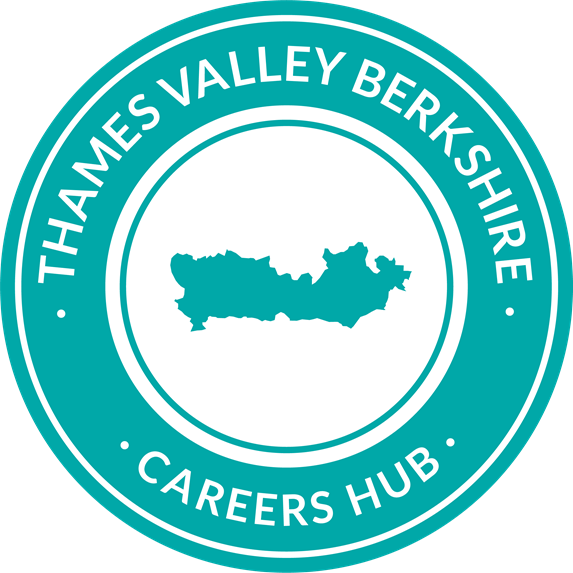Curriculum Statement 2024 -2025
At Maiden Erlegh School we aim to deliver a broad and balanced curriculum with a range of pathways that provide a stimulating and demanding education for students of all abilities.
Curriculum Intent
- Rigour, high standards, coherence
- A core of essential knowledge and skills in the key subject disciplines
- Freedom for teachers to use professionalism and expertise
- Carefully planned sequences of learning
- Memorable experiences which put learning in a wider context
- A wide range of opportunities for personalised stretch, challenge and support
- A range of rigorous assessment opportunities which support high quality of information advice and guidance for students and parents
- A rigorous programme for personal development and character education (including RSE and preparation for life in modern Britain)
- Varied option choices for all groups of students including the most able and SEND
- Varied progression routes for all students’ post-16 and post-18.
Personal Development (PD)
PD is taught to all year groups and covers a range of personal, social, health, careers/employability and British Values themes, as well as relationships and sex education (RSE) and health education. PD is taught in a bespoke one hour lesson per week. We aim to make sure that PD is contextually planned for our local context.
Reading
Reading is taught to all year groups through both tutor sessions and the main curriculum via departments using our ‘high five’ strategy’ to make students think about reading at different stages of the process. Students who are below their reading age will be identified by testing and the bottom 12 in each foundation year group have regular reading intervention.
Withdrawal from RE or Relationship and Sex Education (RSE)
Parents have the right to choose whether or not to withdraw their child from RE or RSE without influence from the school, although a school should ensure parents or carers are informed of this right and are aware of the educational objectives and content of the RE and RSE syllabus. In this way, parents can make an informed decision. Where parents have requested that their child is withdrawn, their right must be respected, and where RE or RSE is integrated in the curriculum, the school will need to discuss the arrangements with the parents or carers to explore how the child’s withdrawal can be best accommodated. If students are withdrawn from RE or RSE, schools have a duty to supervise them, though not to provide additional teaching or to incur extra cost. Students will usually remain on the school premises.
Key Stage 3 (Years 7 and 8)
All students follow a common curriculum.
|
Subject |
Time Allocation (hrs/week) |
|
English (combined Language and Literature) |
4 |
|
Mathematics |
3 |
|
Science |
3 |
|
Personal Development |
1 |
|
RS |
1 |
|
PE |
2 |
|
Modern Foreign Languages: French or Spanish or German |
2 |
|
Humanities: Geography |
1.5 |
|
Humanities: History |
1.5 |
|
Humanities: Religion and Philosophy |
1 |
|
Art and Design |
1 |
|
Computing |
1 |
|
Drama |
1 |
|
Music |
1 |
|
Technology: Design and Food |
1 |
|
TOTAL |
25 |
|
Reading |
40 mins |
Key Stage 4 (Years 9, 10 and 11)
The curriculum after Year 8 is designed to provide continuity, balance and breadth, but at the same time enable students to specialise in courses which meet their needs, aptitudes and career intentions.
|
Subject |
Time Allocation (hrs/week) |
||
|
Year 9 |
Year 10 |
Year 11 |
|
|
English |
4 |
4 |
4 |
|
Mathematics |
3 |
4 |
4 |
|
Combined Science OR Timetabled Intervention |
4 |
4.5 |
4.5 |
|
0 |
0 |
1.5 |
|
|
Single Sciences |
- |
6 |
6 |
|
RS |
3 |
1 |
0 |
|
Personal Development |
1 |
1 |
1 |
|
PE |
2 |
2.5 |
2 |
|
Option A |
2 |
2 |
2 |
|
Option B |
2 |
2 |
2 |
|
Option C |
2 |
2 |
2 |
|
Option D |
2 |
2 |
2 |
|
TOTAL |
25 |
25 |
25 |
|
Reading |
40 mins |
40 mins |
40 mins |
All students starting Year 9 take a core of compulsory examination subjects alongside Physical Education and PD. They also take a GCSE in Religious Studies in Year 10. We expect students who are capable of doing so, to take the full range of EBACC subjects e.g. in addition to the Core subjects studied, the students should study either GCSE Geography or History and a GCSE in a Modern Foreign Language.
Indigo Resource Hub: Five students join us each year be part of our ASD/SEMH Resource Hub. The students join the main school curriculum that is appropriate to them, a normal Foundation Stage curriculum alongside having the benefit of a trained SEN teacher to support their development both academically and personally.
Courses on offer are:
|
GCSE Geography |
GCSE History |
GCSE French |
|
GCSE German |
GCSE Spanish |
GCSE Computer Science |
|
GCSE Economics |
BTEC Level 2 in Enterprise |
BTEC Level 2 Health and Social Care |
|
BTEC Level 2 Performing Arts |
GCSE Physical Education |
CamTech National in Sports Science |
|
GCSE 3D Art |
Cambridge National Level 2 Creative iMedia |
GCSE Art and Design |
|
GCSE Music |
GCSE Drama |
ASDAN CoPE |
|
GCSE Food, Preparation & Nutrition |
AQA Step up to English/Unit awards |
GCSE Design & Technology |
|
Entry Level Certificates |
|
|
Key Stage 5 (Years 12 and 13)
Students starting in Year 12 start three Level 3 qualifications (some may be eligible to study four). Most take A Level courses but some take a mixture of A Level and Technical options. In Year 12 students typically have 9 hours per fortnight per subject and Year 13 students typically have 8 hours a fortnight per subject in addition to supervised directed independent study. Where numbers studying a subject are small, experience shows us that they cover the course content in the same depth more quickly than in larger groups. They are therefore allocated less taught time but retain the same number of hours for the subject on their timetable, with more supervised study. In some subjects with small numbers, Year 12 and Year 13, students may be taught together. All students have directed supervised study for a minimum of 4 hours a week.
|
Subject |
Time Allocation (hrs/week) |
|
|
Year 12 |
Year 13 |
|
|
Subject Choice A |
4.5 |
4 |
|
Subject Choice B |
4.5 |
4 |
|
Subject Choice C |
4.5 |
4 |
|
Supervised Study |
4 |
4 |
|
Personal Development |
1 |
1 |
|
Reading |
0.75 |
0.75 |
|
TOTAL |
19.25 |
17.75 |
In addition to the directed subject time, students are also taught 1hr of personal development per week and guided through 45 mins of reading around current affairs.
Curriculum time is also allocated across the year to:
- Post sixth from choices, with advice and guidance on careers, apprenticeship, and University.
- Work experience to give students the opportunity to develop their career choices and to apply their skills in real working conditions.
- Extended Project Qualification to provide students with the opportunity to develop their analytical and evaluation skills.
- Voluntary service either inside or outside of school.
Courses that are available are:
GCE Art GCE Further Mathematics GCE Physics
GCE Biology GCE Geography GCE Psychology
GCE Business Studies GCE German GCE Sociology
GCE Chemistry GCE History GCE Technology
GCE Computer Science GCE Law GCE Theatre Studies
GCE Economics GCE Mathematics BTEC Level 3 Business Studies
GCE English Language GCE Media Studies CAMTech Level 3 Sport
GCE English Literature GCE Music L3 Maths (Using and Applying)
GCE Film Studies GCE Photography (Y12 only) BTEC Level 3 Human Biology
GCE Fine Art GCE Philosophy and Ethics
GCE French GCE Physical Education

